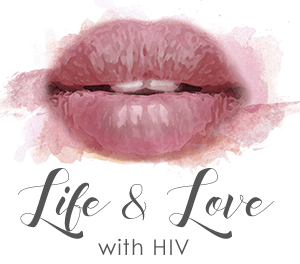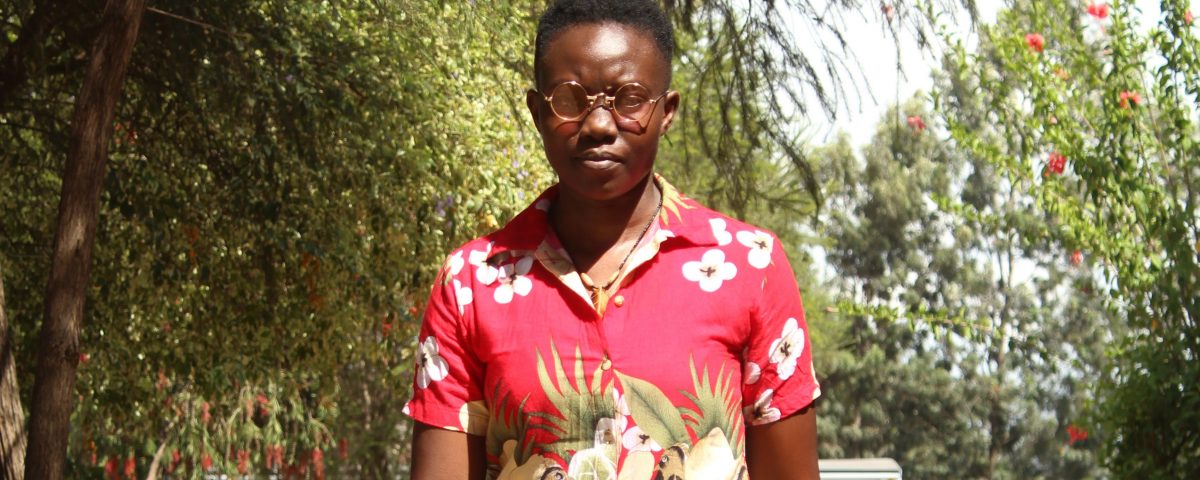
My Path to Finding Love
June 4, 2021
The “What Will People Say?” Syndrome
August 2, 2021
My Path to Finding Love
June 4, 2021
The “What Will People Say?” Syndrome
August 2, 20212 Comments
Unapologetically Myself-Radical Self-Love
As a 10 year old, I was sorry for everything, "Moraa, you left the kitchen door open!" "Sorry." Moraa, why are clothes not folded yet?" " Sorry." Did you get milk from Nyagothie's that I pay for?" " Sorry…sorry… sorry...." A litany of apologies for my clumsy, messy, forgetful self who spilled evidence of such all over the house. "Sorry" was my way of correcting the mess. Mom eventually started scolding me for saying "sorry" all the time. "Hush all those sorries all the time. You aren't sorry. If you were sorry, you would stop doing it!" I wondered if there was any truth to my mother's admonishment. If I were sorry, truly sorry, would I stop doing whatever it was? Could I?
Living in a female body, a black skin-toned, aging, slightly petite body, a body with mental illness is to wake up every day to a society that expects a certain set of apologies to readily live in our mouths. There is a level of "not enough" or "too much" sewn into these strands of difference. For far too many women, the expectation of an apology begins after a sexual assault report ends in an interrogation about the length of the dress she was wearing or how many drinks she had at the party. There are minuscule day-to-day ways each one of us is asked to apologize for our bodies, no matter how 'normal' they appear: the tattoo you cover to be seen as ‘professional’ when you step into an office and the conservative haircut needed to placate the new supervisor are examples of small apologies society will ask you to render for being in your body as you see fit. For majority of us, 'sorry' has become how we translate the word body.
"...A body with mental illness is to wake up every day to a society that expects a certain set of apologies to readily live in our mouths."
For years, I gave my best share of apologies to the world. I apologized for laughing too loud, being too dark, flamboyant, outspoken and analytical. I hear many others dish out similar scrolls of contrition. We make these apologies because our bodies have disabilities and need access. We make them because our bodies are aging and our gender identity is different from the one we were assigned at birth and it confuses people. We apologize for our weight, race, and sexual orientation. We were told there is a right way to have a body and our apologies reflect our indoctrination into that belief. We believe there is indeed a way in which our bodies are wrong. Not only have we been trying to change our "wrong" bodies, but we have also continued to apologize for the presumed discomfort our bodies rouse in others. Whether we perceive ourselves as making the passenger beside us uncomfortable by taking up "too much" space in a matatu seat or as masculine-presenting women, we believe our dress code annoys the passers-by in the streets. Either way, it is in these moments we find our heads bowed in shame, certain that our too fat, too dark, too-muchness is the offense. It is never the fault of the seat or its maker who opted not to design it for the myriad of bodies. We, at every turn, have decided that we are the culprits of our own victimization.
Not only are we constantly atoning, but we have also demanded our fair share of apologies from others. We, too, have snickered at a fat body in a swimming costume, shamed the transgender body at the market, pitied the disabled body at the mall and maligned the aging body. We have demanded an apology from other bodies. We have ranked our bodies against those of others, deciding they are greater or lesser than our own based on prejudices and biases we inherited.
"We, at every turn, have decided that we are the culprits of our own victimization."
Dismantling the culture of apology requires an investigation into the anatomy of an apology. Generally, people committed to their righteousness rarely feel the need to apologize. A while back, I shared with my then-partner how something they had said had hurt my feelings. After 10 mins of them dancing around any admission of offense, it was clear that they weren't planning on apologizing. According to them, they did not intend to hurt my feelings and therefore did not owe me any apology. Like most people, they felt like their intention should have absolved them from their impact. I countered their reasoning by asking, "if you accidentally stepped on someone's foot, would you say sorry?" "No, not if their foot was the only place to step on," they replied.
There was something about their refusal to apologize for what they saw as taking up the space they needed that, if wielded authentically, might change how we move through the world. Why are we constantly apologizing for the space we inhabit? What if we all understood the inherent vastness of our humanity and therefore occupied the world without apology? What if we all commit to the idea that no one should apologize for being a human in a body? What if we made room for everybody so that no one ever had to stand on someone else's foot? How might we change our lives? How might we change the world?
"Why are we constantly apologizing for the space we inhabit? What if we all understood the inherent vastness of our own humanity and therefore occupied the world without apology?"
We have been convinced we are ineffectual at exacting any real change against our social systems and structures, so instead, we land the guilt and blame squarely on the shoulders of the most accessible party; ourselves. This burden has kept us immobile in our own lives and oblivious to our impact on society. The weight of the shame has kept us small and trapped in the belief that our bodies and our lives are mistakes—what an exhausting and disheartening way to live!
It is this sense of epic discouragement that fuels my inquiry into the nature of apology and has led me to explore how our lives might look different if we begin living unapologetically. What would the world look like if each of us navigated our lives with the total awareness that we owe no one an apology for our bodies? That exploration into unapologetic living led me to a two-tiered hypothesis. The more unapologetically I show up in my body, my community, my job, my family and society at large, one of two things will happen; either I will pass on to others the power and permission to be their unapologetic selves, or others will be indicted or intimidated by my unapologetic being and will attempt to contain or shrink me. Bottom line, I am living unapologetically!
"...I will pass on to others the power and permission to be their unapologetic selves..."
That voice of doubt, shame, and guilt blaring in our heads is not your voice. It is a voice we have been given by a society steeped in shame. It is the 'outside voice.' Our authentic voice, our 'inner voice', that is the voice of Radical Self-love and our freedom from body shame demands that we look at how we have perpetuated shame in others.
We will need to be radically honest in our journey.







I hope the world gets to answer the questions in this article
Wow! what an insightful piece! Here’s to being unapologetically Me! 🙂